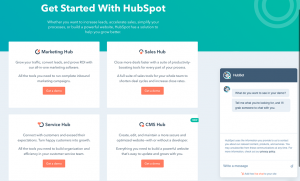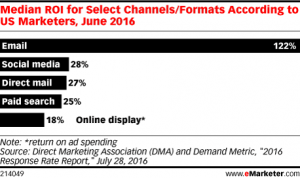
Through the years, there have always been assertions and assurances that particular marketing campaigns will deliver a return on investment (ROI). This may in some instances be the case, but especially before digital, it was always very difficult to equate.
Even in the digital age these assertions continue to proliferate, and in many cases there is no solid evidence made available for these claims, due to the lack of accurate analytical data available. That is, until now.
Real time performance data
Unlike conventional email marketing, Marketing Automation (MA) offers a real time picture of how a marketing campaign is actually performing.
This is because target audience activity data is harvested from a variety of specific touch-points across the campaign, which can range from email engagement (opens and clicks) through to website visits and activity, to video content downloads.

Fluid interactivity
Real time data harvesting has two big benefits: firstly, it means you can monitor engagement performance levels at each stage of the campaign and secondly, if data indicates stronger levels of engagement will become available through modifying user behaviour slightly, you can do this simply, and in real time.
This means that you not only monitor engagement and therefore ROI, but if data starts indicating new and more effective routes to engagement over your original campaign plan, you can simply make minor adjustments to the communication trend and also help improve ROI performance.

Data harvest optimization
This situation, where you control both campaign communication dynamics, their effect on campaign performance and by extension, campaign ROI, means you are also now interacting directly with your target audience.
And direct interactivity with target audiences is surely a prime objective in any marketing campaign. It is at the pinnacle of all we do in the marketing arena, and is the fast track to campaign success.
Strategic planning is key
Some say marketing automation is lazy marketing. If you understand MA you will know that is untrue. To use MA dynamically in the way described here requires meticulous strategic planning to ensure the chosen communications route remains in alignment with brand values.
This level of carefully considered strategic planning is critical. Deviations from the original plan in order to optimise communication performance must be carefully monitored and having the reference points of the original plan keeps every slight variation under control.

Applying MA in this dynamic form does increase campaign complexity slightly, and requires greater attention to analytical feedback from the communications plan. But if you take this route, you will have no doubts about ROI, because it will be as visible as the campaign is successful.
This post was originally published on the Novacom blog.
(229)





